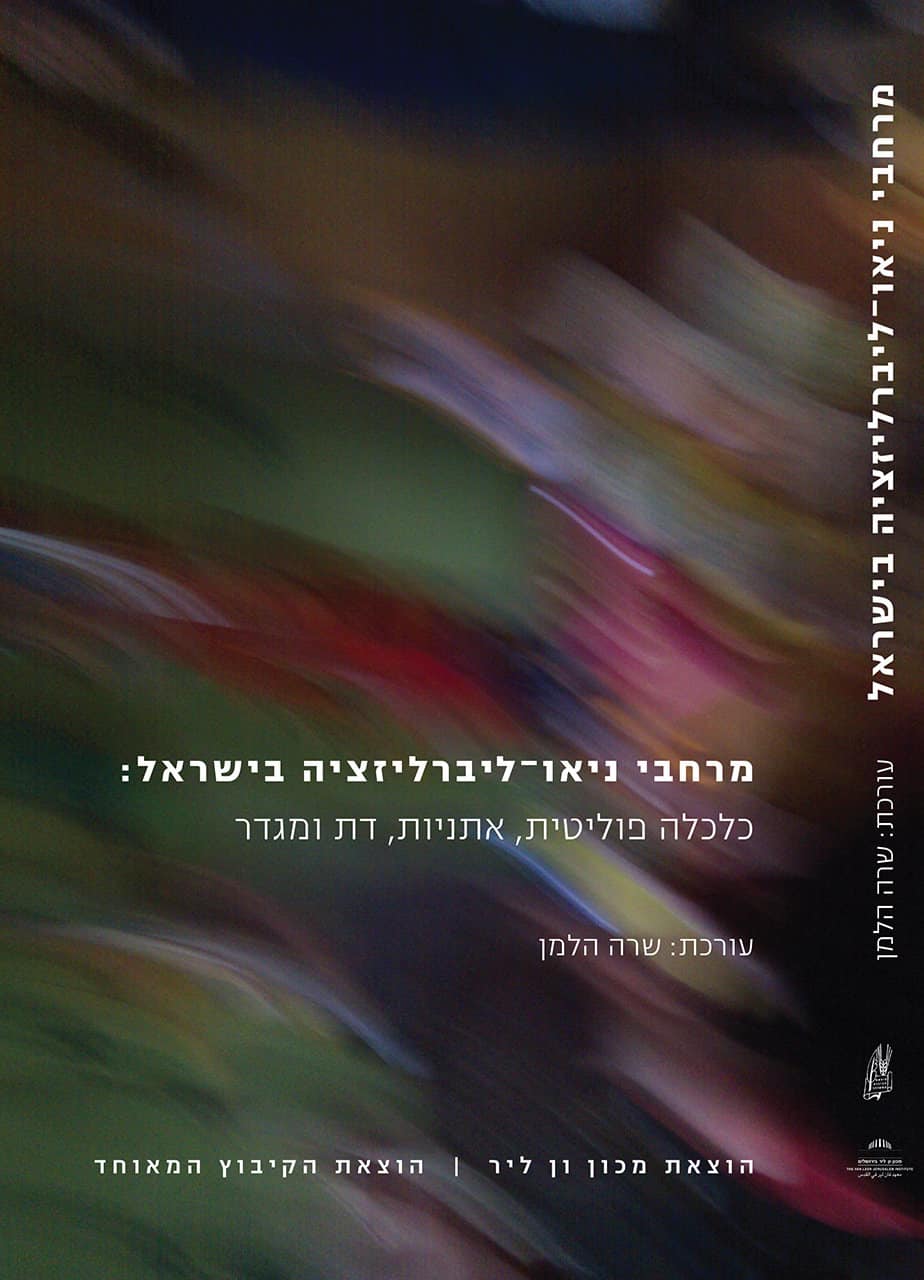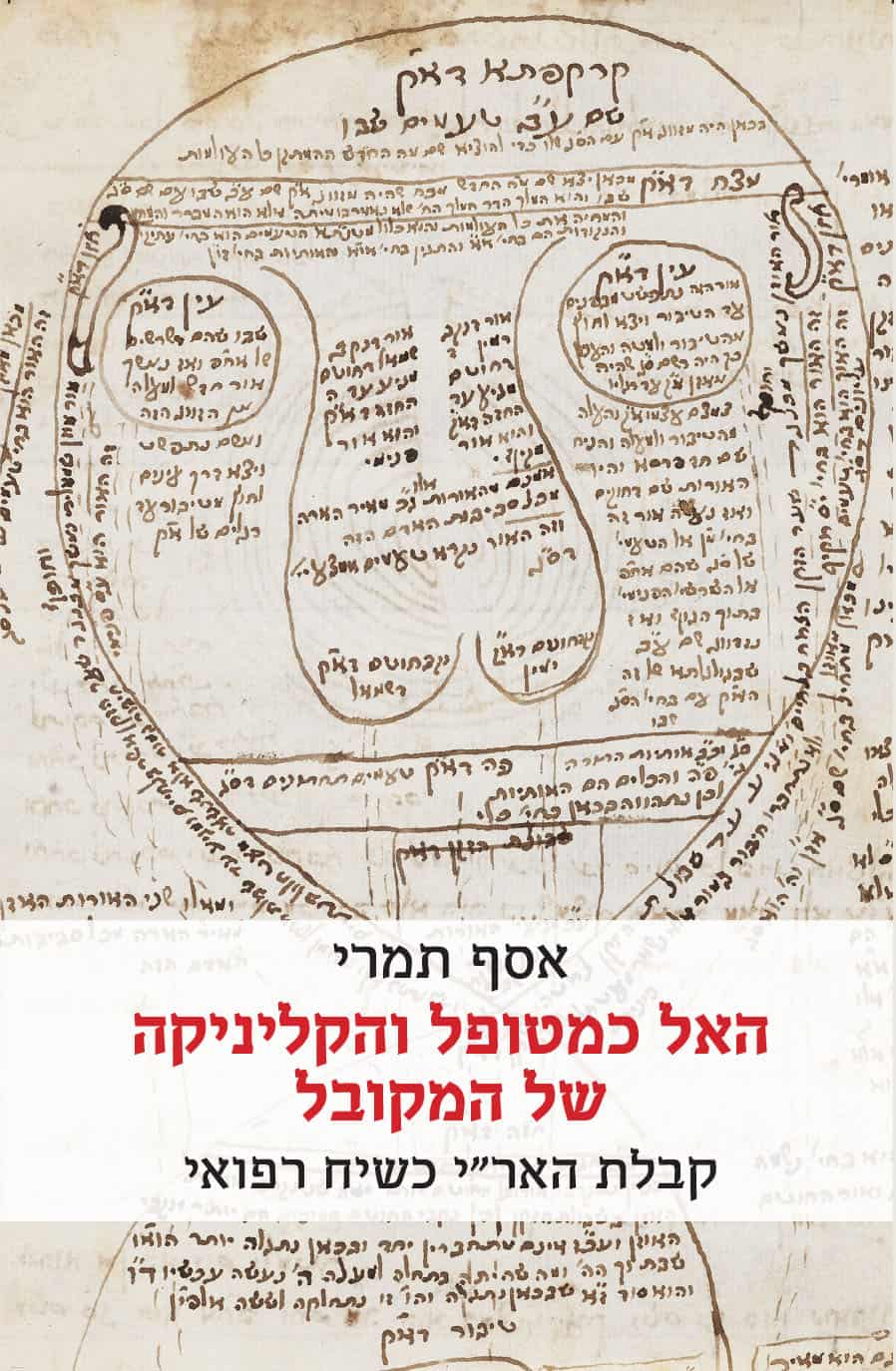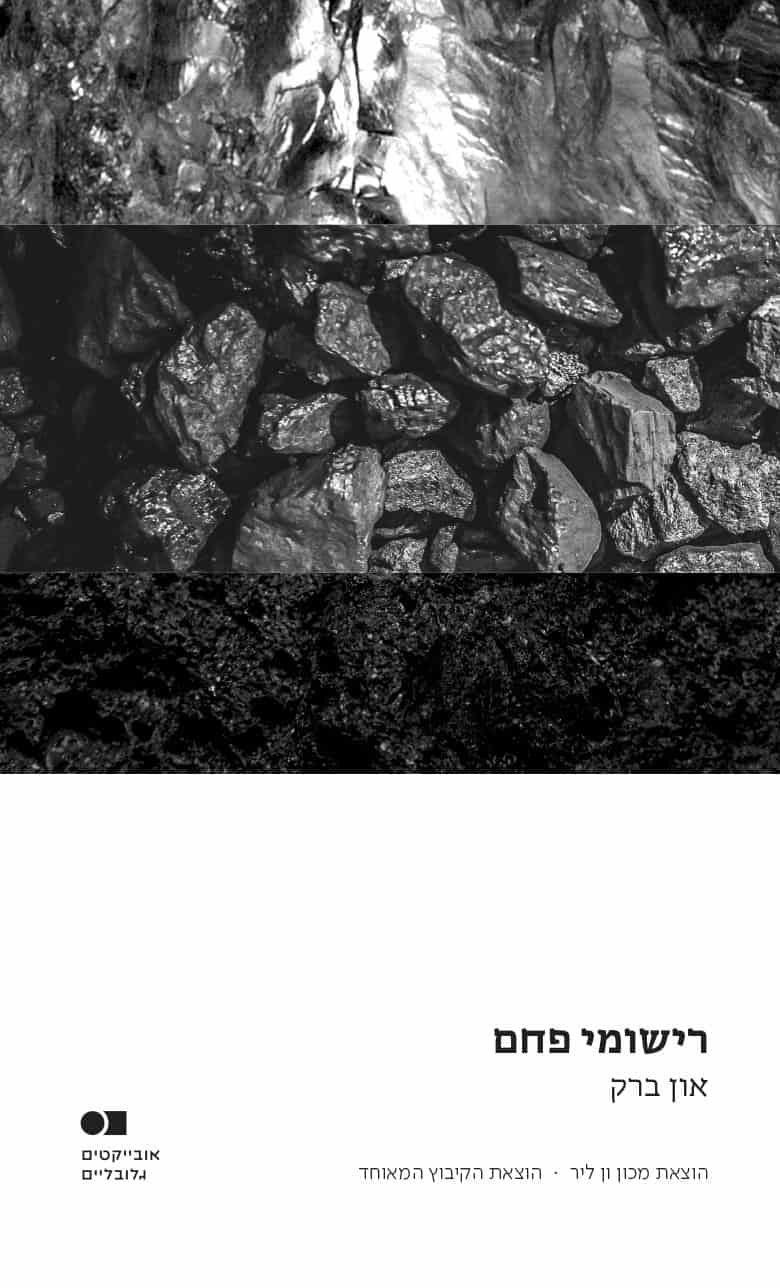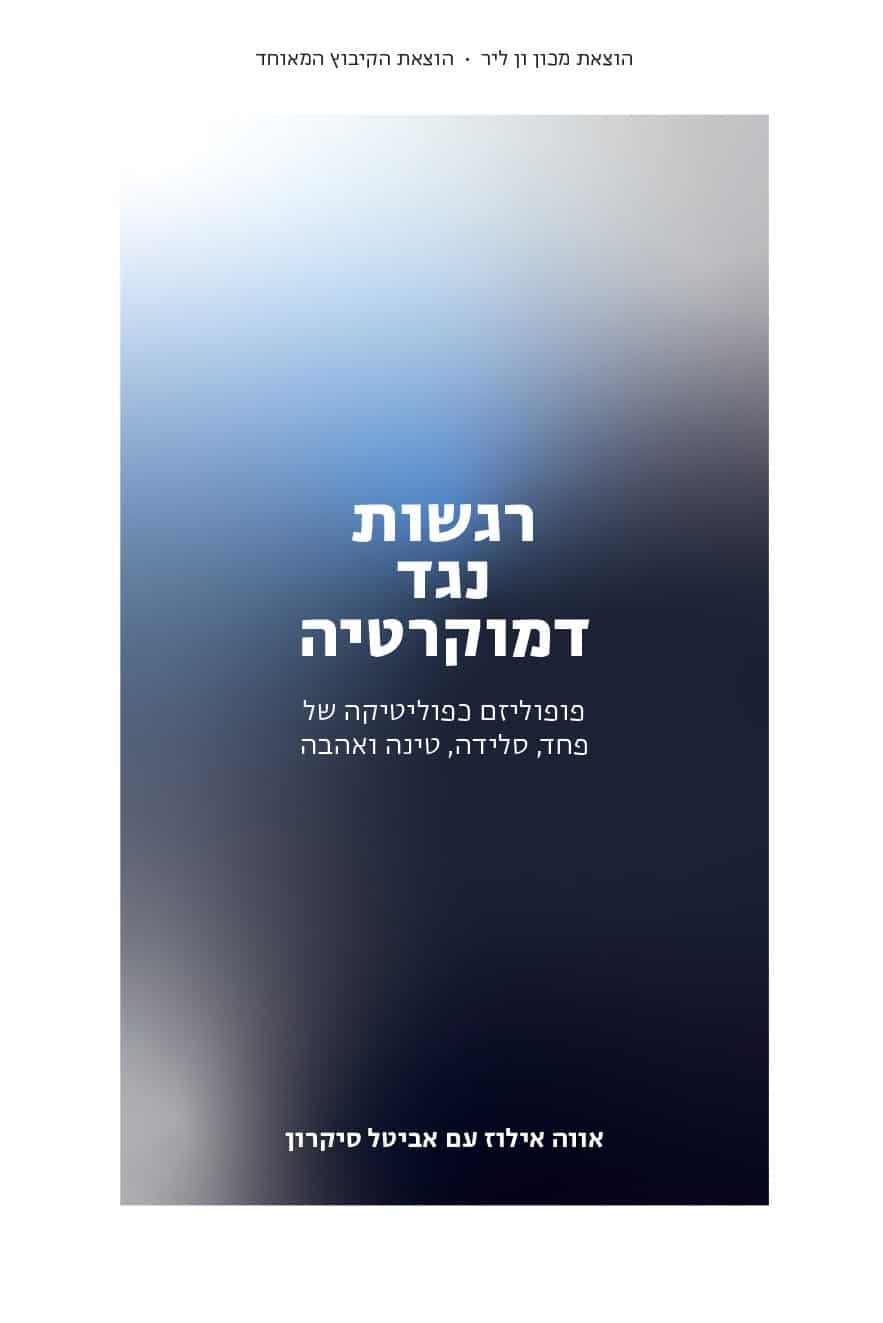Spaces of Neo-Liberalization in Israel
Political Economy, Ethnicity, Gender and Religion
| Edited by | Sara Helman |
| Publisher | Van Leer Institute Press & Hakibbutz Hameuchad |
| Language | Hebrew |
| Year of Publication | 2023 |
| Series | Theory in Context Series |
The book Spaces of Neo-Liberalization in Israel: Political Economy, Ethnicity, Gender and Religion portrays the uneven propagation of neoliberalism in Israel, by examining the ways in which neoliberal principles and practices are applied to institutional areas and diverse groups in society. The book’s unique contribution lies in its emphasis on the differential impact of the neoliberal project: Different groups are included in the project in different ways, through a redefinition of their class, gender, ethnic, or national position. The book shows how a fragmented and uneven territory composed of diverse spaces of neo-liberalization was constituted.
The articles in the book—by political economists, sociologists, and political scientists—provide new insights into the neo-liberalization of Israel by thoroughly examining in-depth processes and analyzing how they influence the relations between state, economy, and society. The articles examine the dynamic of the dismantling of the previous institutional arrangements and the creation of new patterns of organization and action. Each article examines, from its own perspective, the hybridization between institutional political traditions and neoliberal principles, and how this has influenced the political economy and Israel’s internal configuration. Among other things, the articles describe how a uniquely Israeli form of neoliberalism was constituted, with the aim of curbing geopolitical pressures; how new forms of protection of disempowered workers were created; and what changes occurred in social policy regarding the chronically unemployed. Several articles focus on issues that had not been previously studied in Israel in the context of the neoliberal shift: ultra-Orthodox women and Palestinian women citizens of Israel who are employed in the high-tech industry, the partial inclusion of ultra-Orthodox men in employment programs, and the diversification of the class structure of the Mizrahi population, and the cultural alternatives it has generated.




